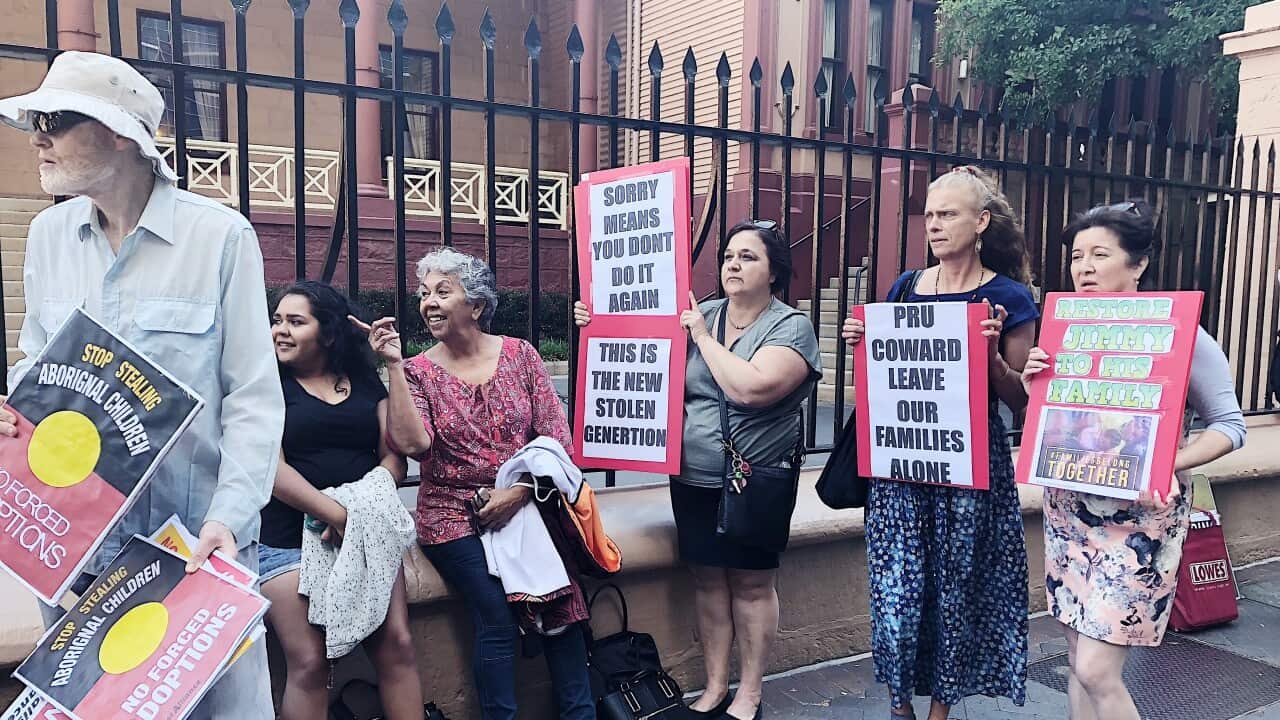Parents with a child in foster care will have only two-years to be reinstated as primary carers under recently passed amendments in the New South Wales parliament.
The Children and Young Persons (Care and Protection) Amendment Bill, enacted on Thursday night, places an upper two-year limit on the amount of time a child is able to stay in out-of-home care.
The new amendments have the potential to impact Indigenous families and communities most, with 36.9 per cent of First Nations children under the the age of 18 in out-of-home care.
Grandmothers Against Removals’, Debbie Swan, last week expressed her concerns about the amendments, saying Indigenous children would be cut off from their heritage and country.
“Our kids lose that connection to the country, they lose that connection to their people, they lose that connection to the community,” Ms Swan said.
Ms Swan said she believes the stolen generations has not ended.
NSW Greens MP, David Shoebridge, told NITV News the new laws are likely to affect the state’s most vulnerable families first.
"Families who are dealing with systemic poverty, dealing with homelessness,[families that] may have some drug addiction on top of that,” he said.
“The idea that [these families can] achieve stability at home within two years is fanciful.”
“We’ve been opposing these laws since day one, we know what it will do. It will see more Aboriginal children permanently removed from their families,” Mr Shoebridge told NITV News.
According to figures from the Australian Institute of Health and Welfare, out of the 17,664 Aboriginal children in foster care at mid-2017, only four children were adopted: one child was placed in an Indigenous home; the other three went to non-Indigenous homes.
Aboriginal Child, Family and Community Care State Secretariat’s (ABSEC) child protection specialist, Paul Grey said the approach to finding safe homes for Aboriginal children should be guided by the Aboriginal and Torres Strait Islander placement principles.
The placement principles, already in place within NSW Family and Community Services are designed to ensure vulnerable Aboriginal children in foster care are placed with their extended biological family or wider community where possible and safe. The purpose of the principles is to preserve the Aboriginal child’s sense of identity and connection to culture.
"I think if we use those principles as or guiding framework we would end up with a child protection system that is more proactive, that's more culturally embedded and more accountable to Aboriginal children and families and driving better outcomes for children and young people," said Mr Grey.

